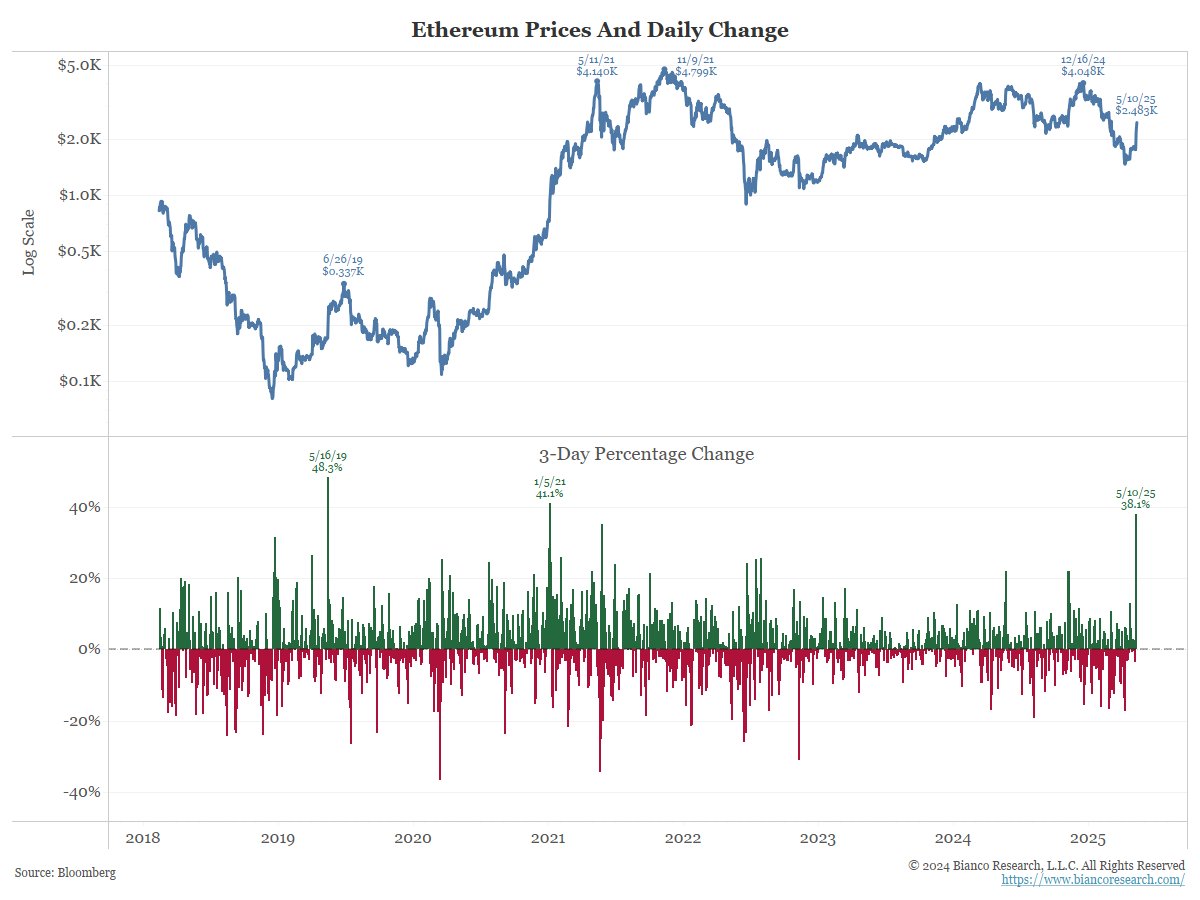
2020-12-7 15:34 |
With the launch of Ethereum 2.0 and the migration from a Proof-of-Work to Proof-of-Stake verification model, there is a lot of optimism surrounding Ethereum.
When looking into the actual usability and functionality of the Ethereum network, it shows a similar story of mass usage compared with other major blockchains like Bitcoin.
Not only is Ethereum currently significantly cheaper to transact with than Bitcoin, charging on average $0.30 for a normal Ethereum transaction, but it’s also generating significantly more total fees for its operators.
Lower Fees For Users, More Value for ValidatorsAccording to Crypto Fees, Ethereum has generated almost $1.6 million in fees compared to Bitcoin’s $895,000. When looking at the seven-day average for fees, Ethereum clocked in at a whopping $2.43 million compared to Bitcoin’s $1.97 million.
The only other protocol generating a comparative amount of fees as Bitcoin or Etheruem is Uniswap, the decentralized and automated liquidity platform that is built on top of the Ethereum network.
Another important comparison to point out is the transaction fee cost to conduct a Bitcoin transaction as well as the total amount of time it takes to complete. As stated above, the average Ethereum fee from the past few weeks was around $0.30 and it only takes only a few moments for the transaction to be completed (assuming the gas fee is high enough).
On the other hand, Twitter user @antiprosynth pointed out that the average Bitcoin transaction costs around $6.00, and it can take up to one hour before the transaction is actually verified and completed.
When considering the major transaction fee price difference between Bitcoin and Ethereum, it is important to understand that even though the price of an Ethereum transaction is significantly lower, the total fees paid out are significantly higher than Bitcoin.
This metric means that the number of transactions taking place on the Ethereum network is massively eclipsing that of Bitcoin, and is generating significantly more fees for its validators while simultaneously charging its users less to conduct these transactions.
Ethereum 2.0 ImpactSince Ethereum has recently moved to a proof-of-stake verification mechanism, more users will be able to take part in staking and validating to provide more robust security.
The migration from ETH 1.0 to ETH 2.0 is primarily meant to decrease the cost of transactions as well as the transaction times.
The post Ethereum Network Showing Strength with Low Gas Prices and High Fee Totals appeared first on BeInCrypto.
origin »Bitcoin price in Telegram @btc_price_every_hour
Ethereum (ETH) на Currencies.ru
|
|











